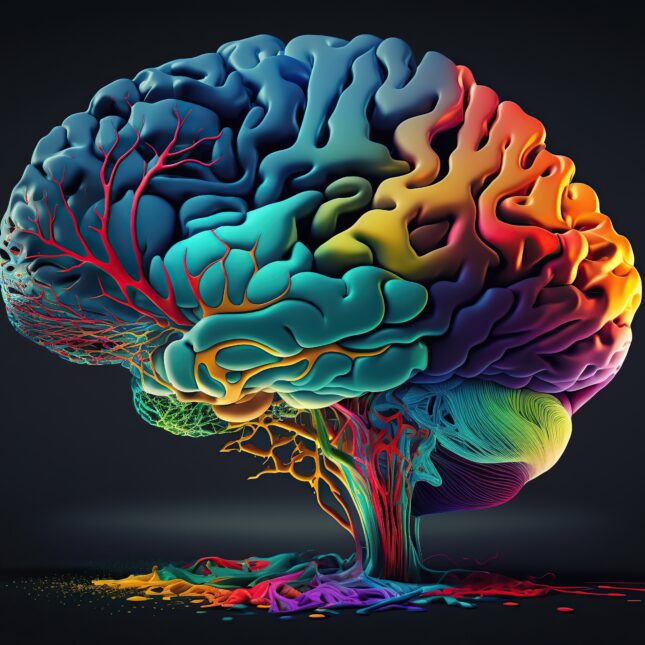Participants at a conference on dementia care have called for improved awareness and support for dementia care to enhance the living standard of the elderly particularly those with the health condition.
The conference was organised by the Good Hands Initiative in collaboration with the Mary Heersink School of Global Health and Social Medicine, on Thursday on Lagos.
The conference had the theme: “Empowering Voices: Driving Dementia Advocacy and Action.”
Speaking, a Consultant Family Physician, Dr Matthias Kwenin, identified early intervention as key to effective management of dementia.
Kwenin, also the Medical Director, Right Results Diagnostic Centre, described dementia as a brain condition affecting an individual’s behaviour, interaction and relationship with others.
He explained that there was no age limit to dementia, as the condition could affect any body at any stage of life, saying that people at their 60s and below 60s could develop the condition.
He added that an individual of 20 or 25 years could have dementia maybe as result of an accident that affect his/her brain.
He decried the lack of information and data on dementia, calling on the government for improved support for the dementia care in Nigeria.
According to him, the government can subsidise dementia treatment and medications, as well as provide grants and support for community programmes on dementia care.
“Dementia is a brain condition that affects functionality of the brain system.
“Presently, there is no permanent cure for the health condition, but, It can be prevented to an extent with lifestyle changes; if detected early, it can be managed and prevented from progressing to the aggressive stage,” Kwenin said.
A Senior Special Assistant (SSA) to the Lagos State Government on Health, Dr Oluwatoni Adeyemi, underscored need for public-private collaboration to pushup healthcare services for the elderly in the society.
Adeyemi, who emphasised the need for research on care for the elderly, said that the government could subsidise some of the treatment plans and services to enhance dementia care in the state.
According to her, there is need for collaboration between the government, care homes and NGOs on how to advance dementia care.
Speaking, Anastacia Ojimba, Consultant Public Health Physician, Federal Medical Centre Asaba, said there was need to prioritise social welfare for the old people in Nigeria.
Ojimba, who called for the establishment of more care homes for the elderly, urged the public and government to encourage social welfare plans/programmes for the old people in the society.
“Locking the old people up in a room or taking them to the cities are not the best options for them.
“The old people need to be taken to an environment that suits the age and condition, preferably the care homes where caregivers are employed to care for them.
“Hence, the need to support social welfare plans for the elderly,” she said.
The Director of MASC Care Home, Mrs Busola Shogbamimu, called for more advocacy and public awareness on dementia in the society.
Shogbamimu decried the poor knowledge and understanding of dementia among the populace, calling for integration of dementia care in school curriculum.
Earlier, the Executive Director and Founder, Good Hands Initiative, Ozioma Capuano, said that many people did not understand dementia as a medical condition, as some attribute it to spiritual manipulations.
Capuano decried the lack of information and wrong diagnoses on dementia, calling for financing plan for dementia care in Nigeria.
According to her, the conference is a platform for education, sensitisation and networking on dementia and effective management approaches.
She explained that formation of the organisation came as a result of passion for care for the older people, particularly her dad before his demise.
NAN



